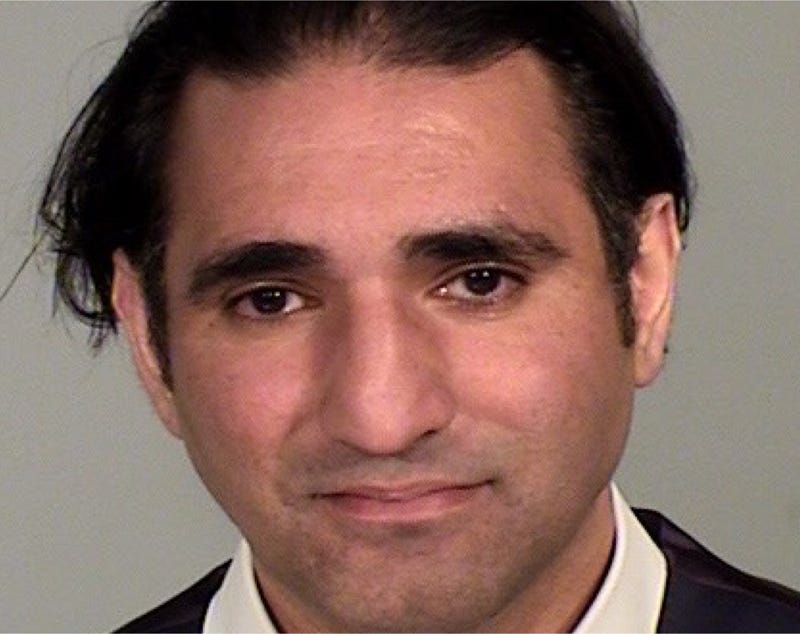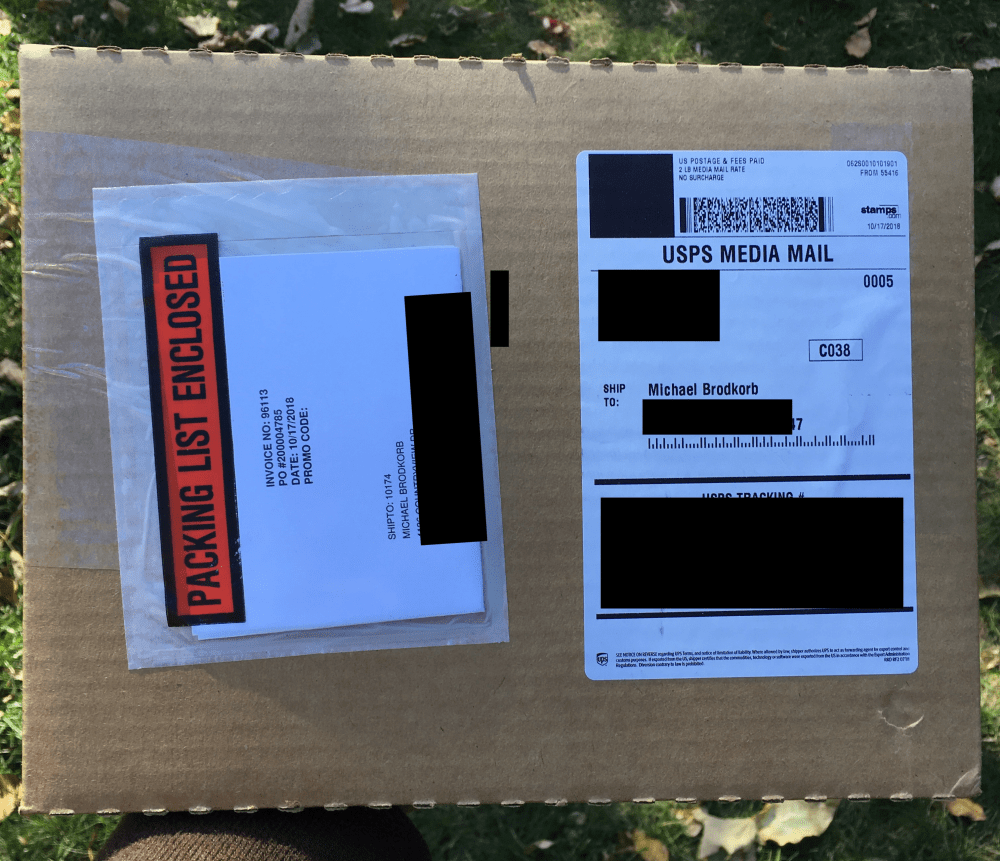It’s great to be at the @vikings game today with family. #minvsmia #skol (at U.S. Bank Stadium)
https://www.instagram.com/p/BrdZnekF-Yg/?utm_source=ig_tumblr_share&igshid=1aq8eyutxh9p5
Allison Mann and I had our first book event on Thursday night at The Bonus Room in Lakeville, Minnesota. It was a special night. We’ll be having more book events in the coming weeks and months. I’ll post more details as the events are finalized. The Girls Are Gone is available online and in bookstores across Minnesota. (at The Bonus Room)
Pre-sale orders have started to arrive
If you pre-ordered your copy of “The Girls Are Gone” it might be in your mailbox today! Click here to buy a copy today.
I’m so excited! My book arrived today
My book arrived today! Allison Mann and I could not be more excited about the upcoming public release next week. The Girls Are Gone will be released next Tuesday and is available for pre-sale now.
My first book will be released next week
My writing partner and I visited the printer last Thursday to see the work on our upcoming book The Girls Are Gone which will be released on October 23, 2018, and is available for pre-sale now.
He cleared his first driveway today. They grow up so fast.
Today we walked through the deep snow to eat lunch at a neighborhood restaurant. On the way back, I told the kids about the Donner Party. I love being a parent.
Timeline: Judge Atwal’s DWI arrest, booking, and sentencing
Timeline: Judge Atwal’s DWI arrest, booking, and sentencing

UPDATE: This post was updated on March 23, 2018, to include responsive data from my request for public date regarding Judge G. Tony Atwal’s arrest on January 1, 2018. The police reports show Judge Atwal told police he was a Ramsey County judge, and also asked police “to let him go and just allow him to walk home…”
UPDATE: This post was updated on January 22, 2018, to include a transcript from Judge Atwal’s court appearance on January 2, 2018. Judge Atwal is scheduled to report for electronic home monitoring on January 23, 2018.
In January 2013, I was involved in a very serious car crash caused by my poor decision to drink and drive. I later pleaded guilty to drinking and driving.






